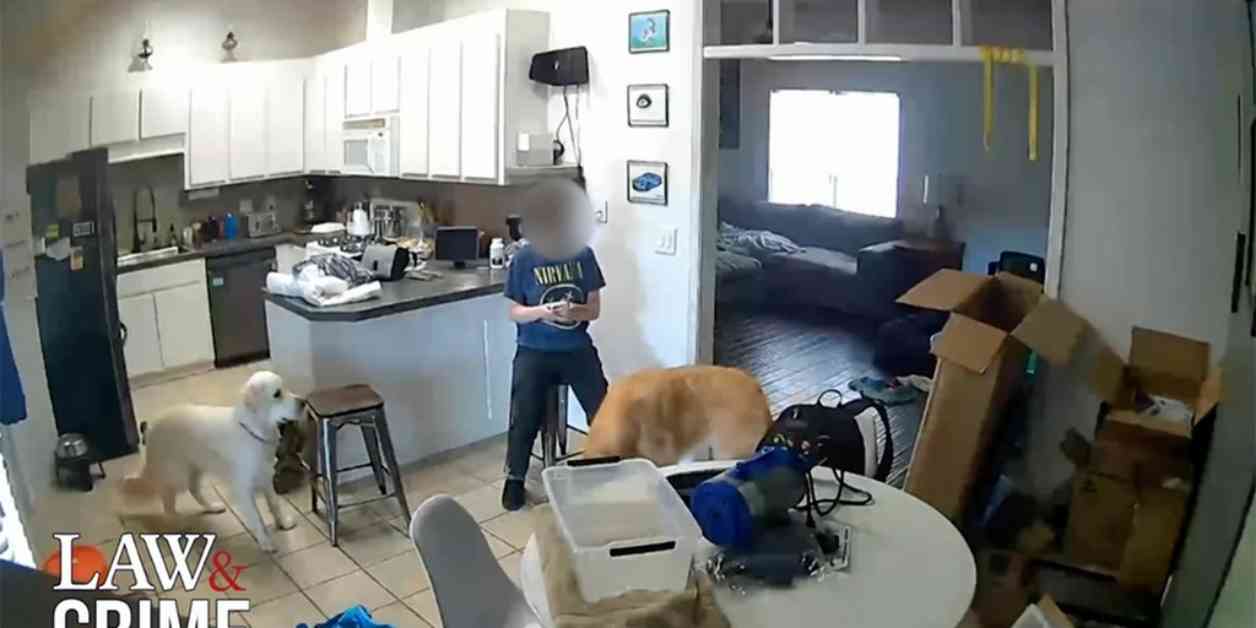Defense attorney for 15-year-old Carly Gregg is pushing for a new trial, claiming that she should receive one due to her previous treatment for hearing voices using horse therapy. In September, a jury in Rankin County, Mississippi, found Gregg guilty on all counts, with prosecutor Kathryn Newman stating that Gregg had shown no remorse. The charges against Gregg included murder, aggravated assault, and tampering with evidence related to the shooting that killed her mother and wounded her stepfather.
Carly Gregg initially pleaded not guilty to the charges and was given a $1 million bond. She is currently being held in the Rankin County Adult Detention Center. During the trial, viral footage was shown depicting the chilling moments when Gregg opened fire on her mother.
The defense team now claims that new information has come to light, indicating that Gregg was placed in equestrian therapy as a child due to experiencing auditory hallucinations. This information supports a diagnosis of unspecified schizophrenic disorder by Dr. Clark, and they believe it could lead to a different outcome in a new trial. The defense argues that the evidence surrounding Gregg’s mental health, her relationship with her family, lack of prior criminal charges, and absence of motive for the crimes do not align with the guilty verdict and sentence.
Despite the defense’s arguments, Judge Dewey Arthur disagreed, stating that no new information presented warranted a new trial. He found that the evidence would not have likely changed the outcome of the trial even if it had been discovered earlier.
Carly Gregg’s case has sparked a debate about the intersection of mental health and criminal responsibility in the justice system. The use of horse therapy for treating auditory hallucinations raises questions about alternative methods of therapy for individuals with mental health challenges. Additionally, the lack of remorse displayed by Gregg and the shocking nature of the crime have highlighted the complexities of cases involving juveniles accused of serious offenses.
As the legal proceedings continue, it remains to be seen whether Carly Gregg will be granted a new trial based on the new information regarding her mental health history. The case serves as a reminder of the importance of thorough investigations and consideration of all factors, including mental health, in criminal trials involving young defendants.


















